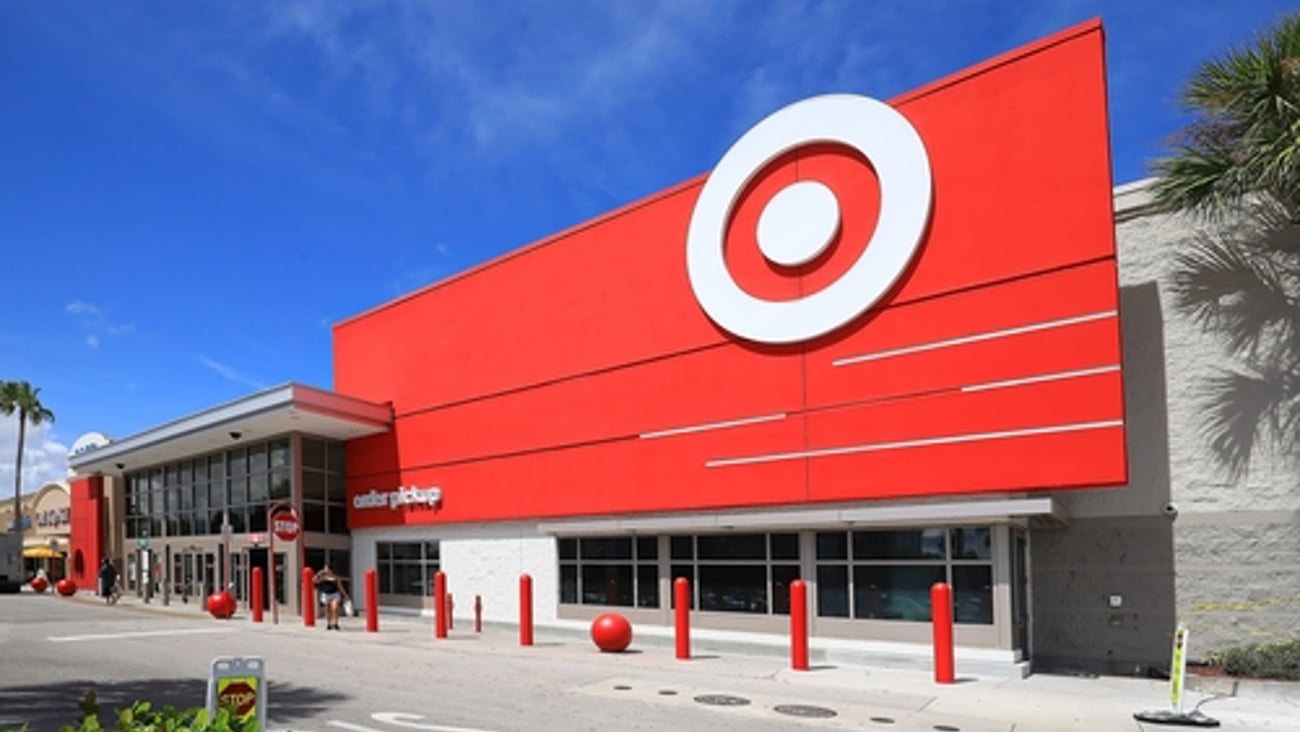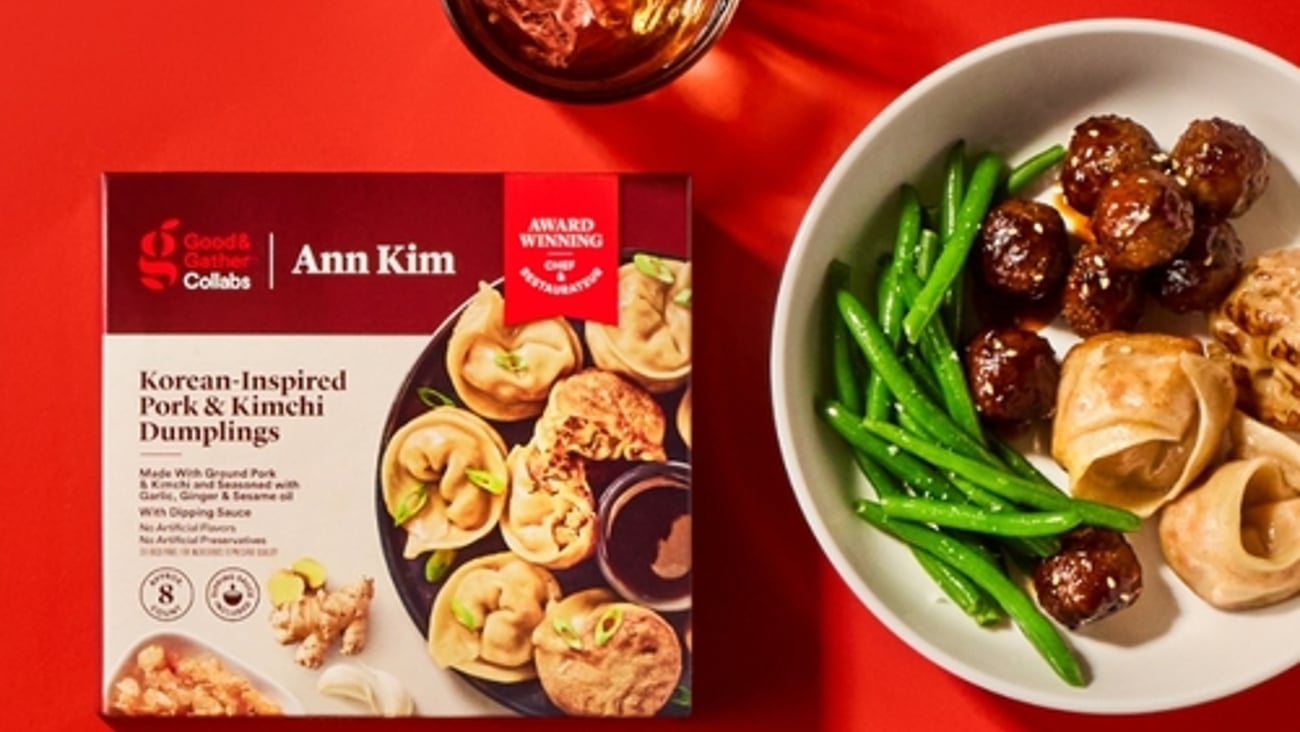Don’t neglect to price check your private brand products
Every month, Store Brands publishes “Category Intelligence” articles that compare the performance of private brands to national brands using data from Chicago-based market research firm IRI. While most of the time, private brands have a lower average price per unit than do national brands, I’ve been struck by the number of occasions recently when private brand products have been priced higher.
In our March article on deli meats, for example, the table shows that private brand refrigerated sliced lunch meat has an average price per unit of $3.99 versus $3.37 for all brands. Our article on rice and grains in the same issue reveals that private brand rice has an average price per unit of $2.57 compared to $2.27 for all brands.
And in Store Brands’ upcoming April article on wet wipes, the IRI data will show that private brand baby wipes have an average price per unit of $4.10 compared to $3.95 for all brands.
This indicates that national brands, which tend to run more frequent promotions, sometimes undercut store brands on price, especially in staple categories.
As Daymon points out in its recently published “Private Brand Intelligence Report 2018,” while 83 percent of grocery retailers are running price checks on key value items, only 60 percent of those include private brands. In fact, key store brand value items are being undercut by national brand promotions 12 weeks a year on average, according to Daymon.
Despite the private brand industry’s current focus on tiered assortments, it's crucial that consumers continue to view store brands as a better value than national brand products of comparable quality.
Titled “Wake-Up Call,” Store Brands’ March cover story on the Daymon report emphasizes that 84 percent of consumers say the quality of private brands is at least as good as national brands and that 81 percent buy private brands on every, or almost every, shopping trip. These are phenomenally positive statistics for the store brands industry. But as the rise of the discount grocery channel makes clear, consumers still want the most competitive prices, particularly on frequently purchased items. And shoppers don’t want to pay more for store brands than for brand-name products. Indeed, it’s the amazing prices on private brand products that drive shoppers to chains like Aldi and Lidl.
How can grocery retailers reinforce the value perception of their private brands?
“Retailers can preserve the price image for their private brand by protecting and shielding those most important items,” stressed Dave Harvey, Daymon’s vice president of thought leadership, in Store Brands’ April 3 webinar on “Private Brand Intelligence Report 2018.” However, only 17 percent of grocery retailers in the Daymon study have a price protection program ensuring that their private brand SKUs in specific categories cannot be undercut by national brands.
“For the rest, we calculated that some $147 million is lost in [private brand] sales that could be attributed to just these key items being undercut by national brands,” Harvey noted.
In other words, the 83 percent of grocery chains that aren’t price-checking their store brands are throwing a whole lot of money away.
Schierhorn, the managing editor of Store Brands, can be reached at [email protected].





